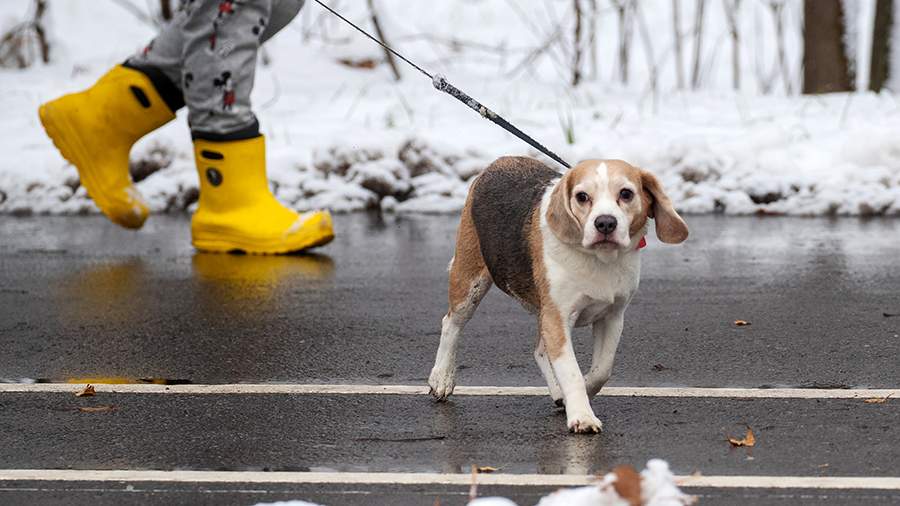A deputy proposed to criminalize doghunting in Russia

Deputy from "New People" Georgy Arapov proposed to criminalize doghunting. He sent such a bill to the government, the faction's press service told Izvestia on December 11.
"The draft federal law "On amendments to Part 2 of Article 245 of the Criminal Code of the Russian Federation (in terms of adding a qualifying feature to the crime)" is developed by the deputy of the State Duma of the Federal Assembly of the Russian Federation G. K. Arapov in order to add such a qualifying feature to the crime under Article 245 of the Criminal Code of the Russian Federation, as the use of toxic substances or knowingly dangerous to life and health of animals objects and means, as well as their manufacture and use", - stated in the explanatory note.
The author of the bill noted that the country has seen an increase in cases of aggressive actions aimed at destroying not only animals without owners, but also pets by distributing in public places poisoned food, knowingly dangerous objects and means, such as meat filled with sewing needles. According to him, unauthorized shooting of animals is also taking place.
"It should be noted that malefactors who distribute poisoned food and knowingly dangerous objects and means in publicly accessible places often escape responsibility, because in the event that the animal does not eat the left thing (including if there is no complaint or statement to law enforcement agencies, the body of the animal is not found, etc.), the action of the attacker cannot be qualified under Article 245 of the Criminal Code of the Russian Federation. The amendments proposed by the bill eliminate this gap in the legislation", - is specified in the explanatory note.
The establishment of criminal responsibility even for the use of toxic substances or knowingly dangerous to the life and health of animals of objects and means, which did not lead to their death or injury, will contribute to the prevention of crimes, the author of the bill.
Earlier, on October 30, zoo activist Natalia Shapovalova told "Izvestia" about the peculiarities of keeping semi-wild and wild cats, such as caracals, at home. She noted that these species are not domestic and we are talking about a large animal that requires discipline, high physical activity and compliance with the diet.
Переведено сервисом «Яндекс Переводчик»
